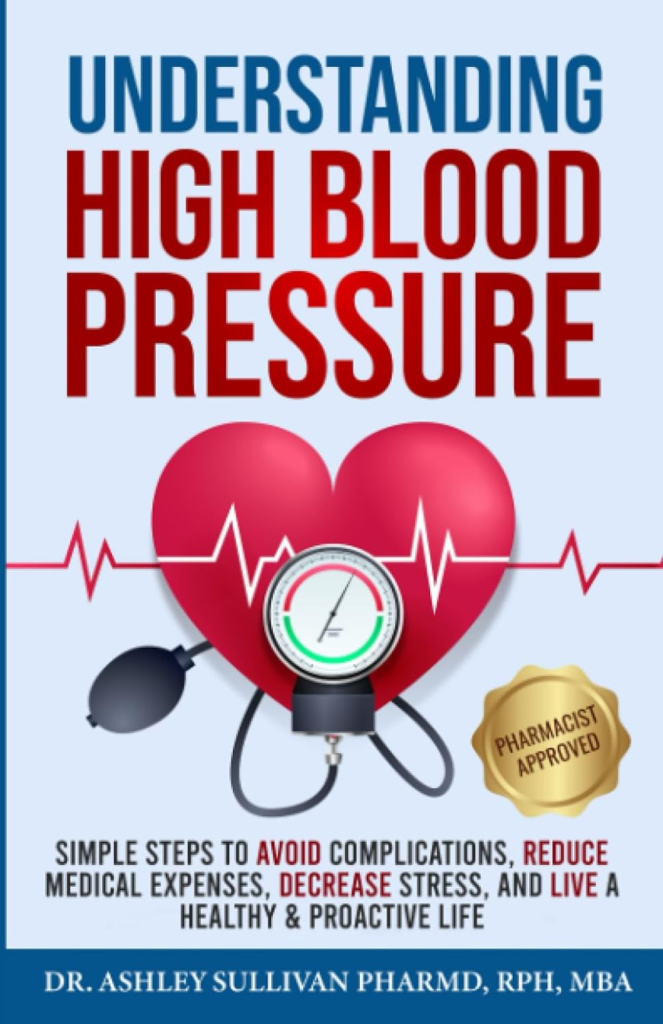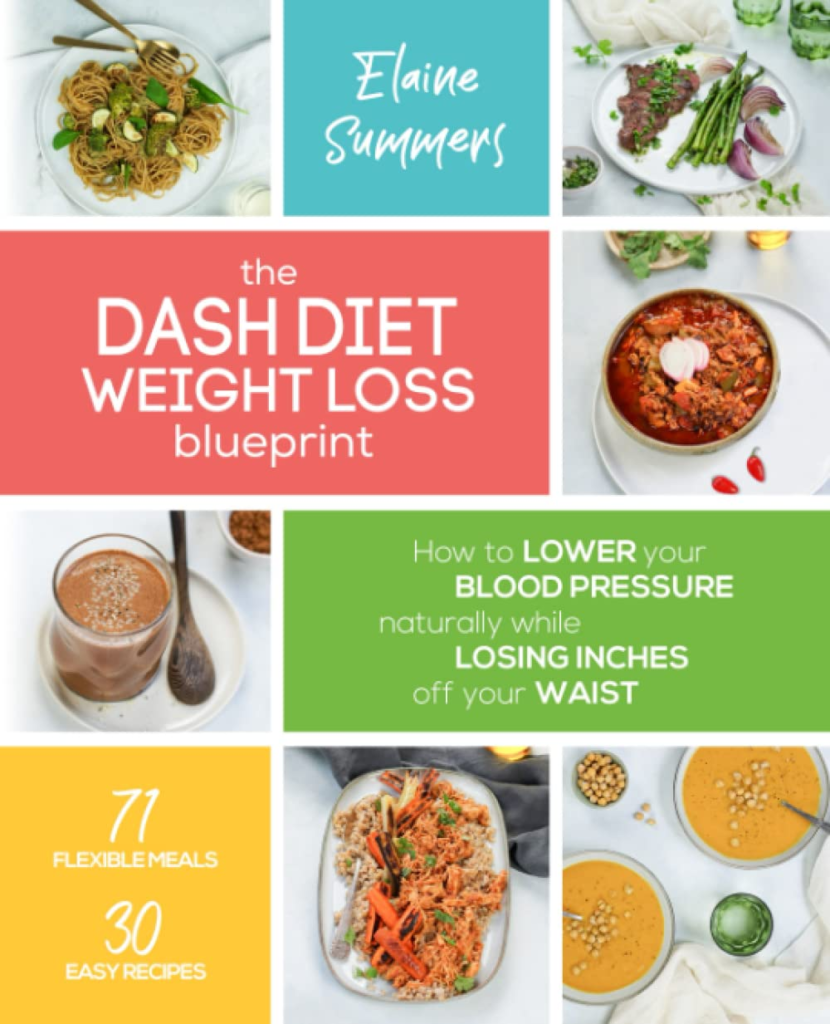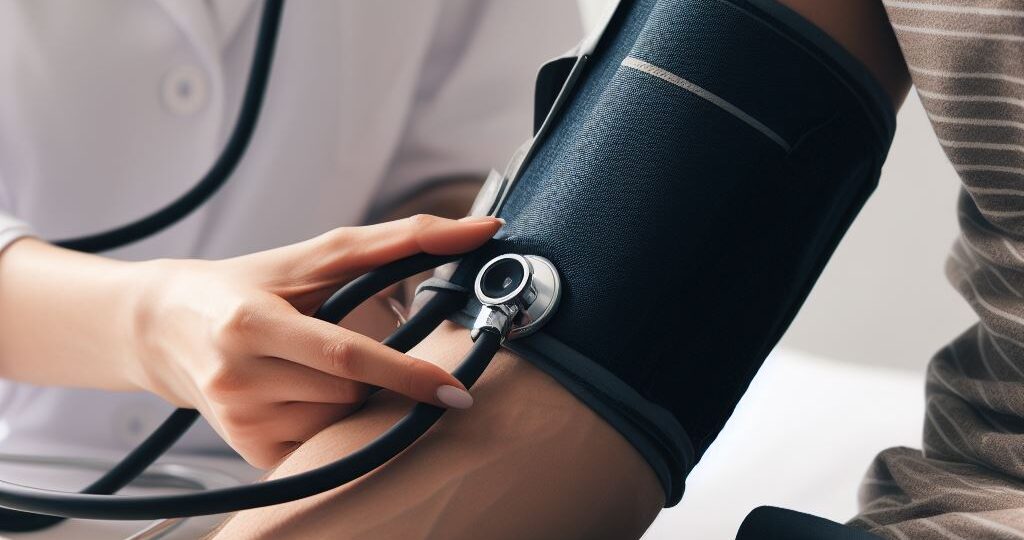High blood pressure, or hypertension, is a prevalent and serious health condition that affects millions of people worldwide. The good news is that many effective natural remedies can help you control your blood pressure and promote overall cardiovascular health. In this comprehensive guide, we will explore the latest information on high blood pressure, its causes, and evidence-based natural remedies to manage and reduce it effectively.
Understanding High Blood Pressure
Before diving into natural remedies for high blood pressure, it’s crucial to understand what it is and why it matters. Blood pressure is the force of blood pushing against the walls of your arteries as your heart pumps it around your body. A typical blood pressure reading consists of two numbers: systolic pressure (the pressure when your heart beats) and diastolic pressure (the pressure when your heart rests between beats).
High blood pressure is defined as consistently having readings of 130/80 mm Hg or higher. This condition increases the risk of severe health issues, including heart disease, stroke, kidney problems, and more. Now, let’s explore some natural remedies to help you maintain healthy blood pressure levels.
Natural Remedies for High Blood Pressure
1. Maintain a Balanced Diet
- DASH Diet: The Dietary Approaches to Stop Hypertension (DASH) diet is a scientifically-proven dietary strategy to lower blood pressure naturally. It emphasizes:
- Fruits and vegetables
- Whole grains
- Lean proteins (fish, poultry, beans)
- Nuts and seeds
- Low-fat dairy
- Reduced sodium intake
2. Potassium-Rich Foods
- Increase your consumption of potassium-rich foods, such as bananas, sweet potatoes, spinach, and avocados. Potassium helps counterbalance the effects of sodium in your body.
3. Omega-3 Fatty Acids
- Incorporate sources of omega-3 fatty acids into your diet, like fatty fish (salmon, mackerel), flaxseeds, and walnuts. These healthy fats have been linked to lower blood pressure.
4. Garlic
- Garlic contains allicin, a natural compound that may help lower blood pressure. You can take it as a supplement or include it in your cooking.
5. Hibiscus Tea
- Hibiscus tea is an herbal beverage that has shown potential for reducing blood pressure. Drinking it regularly may contribute to lower readings.
6. Beetroot Juice
- Beetroot juice is rich in nitrates, which can help relax blood vessels and improve blood flow, ultimately lowering blood pressure.
7. Cocoa
- Dark chocolate and cocoa products with high cocoa content are sources of flavonoids that may help reduce blood pressure. Consume them in moderation.
8. Regular Physical Activity
- Engaging in regular exercise, such as brisk walking, jogging, or cycling, can help lower blood pressure. Aim for at least 150 minutes of moderate-intensity exercise per week.
9. Stress Reduction
- Chronic stress can contribute to high blood pressure. Incorporate stress-reduction techniques like meditation, deep breathing exercises, or yoga into your daily routine.
10. Adequate Sleep
Poor sleep can lead to higher blood pressure. Ensure you get 7-9 hours of quality sleep each night.
Controlling High Blood Pressure
High blood pressure, or hypertension, is a prevalent and serious health condition that affects millions of people worldwide. The good news is that many effective natural remedies can help you control your blood pressure and promote overall cardiovascular health. In this comprehensive guide, we will explore the latest information on high blood pressure, its causes, and evidence-based natural remedies to manage and reduce it effectively.
Understanding High Blood Pressure
Before diving into natural remedies for high blood pressure, it’s crucial to understand what it is and why it matters. Blood pressure is the force of blood pushing against the walls of your arteries as your heart pumps it around your body. A typical blood pressure reading consists of two numbers: systolic pressure (the pressure when your heart beats) and diastolic pressure (the pressure when your heart rests between beats).
High blood pressure is defined as consistently having readings of 130/80 mm Hg or higher. This condition increases the risk of severe health issues, including heart disease, stroke, kidney problems, and more. Now, let’s explore some natural remedies to help you maintain healthy blood pressure levels.
Natural Remedies for High Blood Pressure
1. Maintain a Balanced Diet
- DASH Diet: The Dietary Approaches to Stop Hypertension (DASH) diet is a scientifically-proven dietary strategy to lower blood pressure naturally. It emphasizes:
- Fruits and vegetables
- Whole grains
- Lean proteins (fish, poultry, beans)
- Nuts and seeds
- Low-fat dairy
- Reduced sodium intake
2. Potassium-Rich Foods
- Increase your consumption of potassium-rich foods, such as bananas, sweet potatoes, spinach, and avocados. Potassium helps counterbalance the effects of sodium in your body.
3. Omega-3 Fatty Acids
- Incorporate sources of omega-3 fatty acids into your diet, like fatty fish (salmon, mackerel), flaxseeds, and walnuts. These healthy fats have been linked to lower blood pressure.
4. Garlic
- Garlic contains allicin, a natural compound that may help lower blood pressure. You can take it as a supplement or include it in your cooking.
5. Hibiscus Tea
- Hibiscus tea is an herbal beverage that has shown potential for reducing blood pressure. Drinking it regularly may contribute to lower readings.
6. Beetroot Juice
- Beetroot juice is rich in nitrates, which can help relax blood vessels and improve blood flow, ultimately lowering blood pressure.
7. Cocoa
- Dark chocolate and cocoa products with high cocoa content are sources of flavonoids that may help reduce blood pressure. Consume them in moderation.
8. Regular Physical Activity
- Engaging in regular exercise, such as brisk walking, jogging, or cycling, can help lower blood pressure. Aim for at least 150 minutes of moderate-intensity exercise per week.
9. Stress Reduction
- Chronic stress can contribute to high blood pressure. Incorporate stress-reduction techniques like meditation, deep breathing exercises, or yoga into your daily routine.
10. Adequate Sleep
Poor sleep can lead to higher blood pressure. Ensure you get 7-9 hours of quality sleep each night.
Natural Supplements for High Blood Pressure
While you can obtain most of the necessary nutrients through your diet, some individuals may benefit from natural supplements. Always consult with a healthcare professional before taking any supplements. Some potential options include:
- Magnesium: Magnesium supplements can help regulate blood pressure and muscle function.
- Coenzyme Q10 (CoQ10): CoQ10 is an antioxidant that supports heart health and may help lower blood pressure.
- Fish Oil: If you don’t consume fatty fish regularly, fish oil supplements provide omega-3 fatty acids for blood pressure support.
- Garlic Extract: If you prefer not to consume garlic directly, garlic extract supplements are available.
Monitoring and Tracking

Regular monitoring of your blood pressure is vital to assess the effectiveness of natural remedies and lifestyle changes. Here are the key steps:
- Home Blood Pressure Monitoring: Invest in a reliable home blood pressure monitor to track your readings between doctor visits. Maintain a record of your readings.
- Understanding Blood Pressure Readings: Learn how to interpret your blood pressure readings and recognize any patterns or trends. Discuss any concerns with your healthcare provider.
Complications and Risk Reduction
Uncontrolled high blood pressure can lead to severe health complications, including heart disease, stroke, kidney problems, and vision issues. To reduce these risks:
- Manage Diabetes: If you have diabetes, keeping your blood sugar levels in check is crucial, as high blood sugar can worsen hypertension.
- Cholesterol Control: High cholesterol levels can contribute to artery narrowing and raise blood pressure. Follow a heart-healthy diet to manage cholesterol.
- Lifestyle Choices: Avoid excessive alcohol intake, and if you have sleep apnea, seek treatment as it can contribute to hypertension.
Special Considerations
1. High Blood Pressure in Pregnancy
- Some women develop gestational hypertension during pregnancy. Regular prenatal care is essential for monitoring and managing this condition.
2. Hypertension in Children and Adolescents
- High blood pressure isn’t limited to adults. Children and adolescents can also develop hypertension, often due to obesity and unhealthy lifestyle habits.
3. Hypertension in the Elderly
- Older adults may have unique considerations when managing hypertension, including medication interactions and comorbidities. Regular monitoring and communication with healthcare providers are vital.
Conclusion
Natural remedies and lifestyle modifications offer effective ways to manage and lower high blood pressure. Remember that while these approaches can be powerful, they should not replace medical advice or prescribed medications if necessary. Always consult with your healthcare provider before making significant changes to your diet or taking supplements. By combining natural remedies with professional guidance, you can maintain optimal blood pressure, protect your heart, and enjoy a longer, healthier life. Don’t wait; start making positive changes today for your cardiovascular health.
Resources and References
- American Heart Association (AHA): www.heart.org
- A reliable source for information on hypertension, lifestyle changes, and treatment options
- National Heart, Lung, and Blood Institute (NHLBI): www.nhlbi.nih.gov
- Offers comprehensive resources, guidelines, and research on high blood pressure management.
- Mayo Clinic – www.mayoclinic.org
- Provides educational articles, dietary guidelines, and tips for controlling hypertension.
- Centers for Disease Control and Prevention (CDC): www.cdc.gov
- Offers information on hypertension prevention, awareness, and public health initiatives.
- WebMD – www.webmd.com
- Features articles, videos, and tools for understanding and managing high blood pressure.
BOOKS
Simple Steps To Avoid Complications

How to Lower Your Blood Pressure Naturally

Healthcare Professionals:
- Consult Your Doctor or Healthcare Provider
- Seek guidance from a qualified healthcare professional for personalized advice and treatment options.
Support Groups:
- Hypertension Support Groups
- Local and online support groups can provide emotional support, tips, and motivation for managing hypertension.
References:
- Hypertension Guidelines: American Heart Association
- High Blood Pressure: National Institute on Aging
- DASH Eating Plan – National Heart, Lung, and Blood Institute
- MedlinePlus – Hypertension
These resources and references should provide readers with reliable sources for additional information, support, and guidance on managing high blood pressure effectively.
RELATED POSTS
View all




